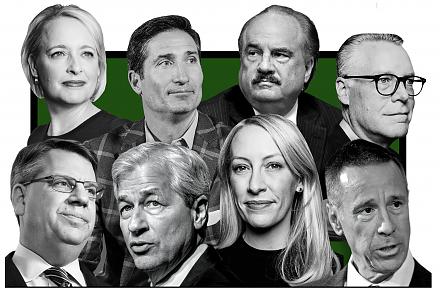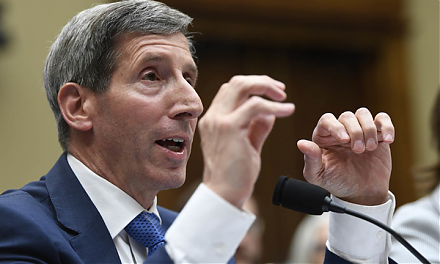

2019-01-25 13:34:00 Fri ET
trust perseverance resilience empathy compassion passion purpose vision mission life metaphors seamless integration critical success factors personal finance entrepreneur inspiration grit
Netflix raises its prices by 13% to 18% for U.S. subscribers. The immediate stock market price soars 6.5% as a result of this upward price adjustment. The baseline subscription now costs $9 (up from $8) per month. The most popular HD standard plan costs $13 (up from $11); and the 4K premium plan costs $16 (up from $14). These price increases take effect for new subscribers and will apply to the current Netflix subscribers in the next quarter. There are good economic reasons for these retail price increases. First, the U.S. aggregate demand for Netflix video streams is inelastic in the sense that price increases can compensate for any potential loss of current subscribers. Due to the low price elasticity of demand for Netflix original content, the same video streams are likely to boost sales and profits with minimal negative impact on the current scale of the Netflix subscriber network.
Second, Netflix requires greater cash inflows to strengthen its financial resilience. Meanwhile, Netflix borrows funds to close the cash-flow gap between regular cash outlays and revenue intakes. The recent price increases can therefore help reverse this financial situation. Historical experiences further support the business case for higher prices in light of the Netflix cash burnout dilemma. Overall, the recent Netflix price increases make much economic sense.
If any of our AYA Analytica financial health memos (FHM), blog posts, ebooks, newsletters, and notifications etc, or any other form of online content curation, involves potential copyright concerns, please feel free to contact us at service@ayafintech.network so that we can remove relevant content in response to any such request within a reasonable time frame.
2021-08-01 07:26:00 Sunday ET

The Biden administration launches economic reforms in fiscal and monetary stimulus, global trade, finance, and technology. President Joe Biden proposes s
2019-06-21 13:33:00 Friday ET

Amazon and Google face more intense antitrust scrutiny. In recent times, Justice Department and Federal Trade Commission have reached an internal agreement
2026-01-31 10:31:00 Saturday ET

In recent years, several central banks conduct, assess, and discuss the core lessons, rules, and challenges from their monetary policy framework r
2019-07-23 09:22:00 Tuesday ET

Harvard economic platform researcher Dipayan Ghosh proposes some alternative solutions to breaking up tech titans such as Facebook, Google, Apple, and Amazo
2017-06-03 05:35:00 Saturday ET

Fundamental value investors, who intend to manage their stock portfolios like Warren Buffett and Peter Lynch, now find it more difficult to ferret out indiv
2019-08-01 11:33:00 Thursday ET

Many young and mid-career Americans fall into the financial distress trap in rural communities. A recent analysis of 25,800 zip codes for 99% of the U.S. po